#John Robert Dixon
Text
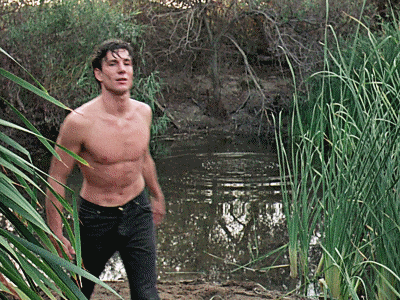
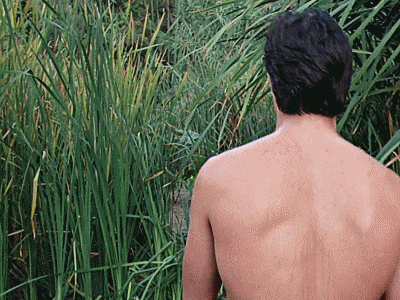

John Robert Dixon in Friday the 13th: A New Beginning (1985)
182 notes
·
View notes
Text


Friday the 13th: A New Beginning (1985) // dir. Danny Steinmann
#Debi Sue Voorhees#John Robert Dixon#Friday the 13th: A New Beginning#Danny Steinmann#my caps#my edits#*ft13
287 notes
·
View notes
Text



when you hear the crunch, you're there
27 notes
·
View notes
Text
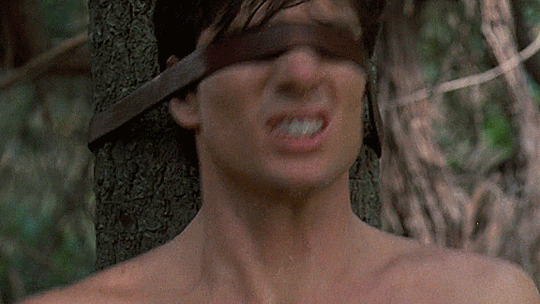

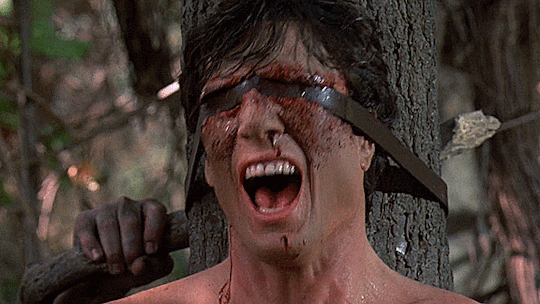
Friday the 13th: A New Beginning
38 notes
·
View notes
Photo

#friday the 13th a new beginning#friday the 13th part 5 a new beginning#friday the 13th#horror#horror movies#movies#80s horror#80s horror movies#80s movies#80s#1980s#cinema#films#john robert dixon#actors
5 notes
·
View notes
Text
FRIDAY THE 13TH: A NEW BEGINNING (1985) ★★✭☆☆
FRIDAY THE 13TH: A NEW BEGINNING (1985) ★★✭☆☆

View On WordPress
#Anthony Barrile#Bob DeSimone#Carol Locatell#Corey Parker#Debi Sue Voorhees#Dick Wieand#Jere Fields#Jerry Pavlon#John Robert Dixon#John Shepherd#Juliette Cummins#Marco St. John#Mark Venturini#Melanie Kinnaman#Miguel A. Núñez Jr.#Ric Mancini#Richard Lineback#Richard Young#Shavar Ross#Tiffany Helm#Tom Morga#Vernon Washington#William Caskey Swaim
0 notes
Text

Jimmy Page and Robert Plant with Shirley Dixon, daughter of Willie Dixon, Ambassador Hotel, Chicago, 8th April 1977.
#led zeppelin#jimmy page#robert plant#john bonham#john paul jones#classic rock#willie dixon#70s#1977#rock#rock n roll#hard rock#70s rock#by dee dee 🌺🕯️
22 notes
·
View notes
Photo
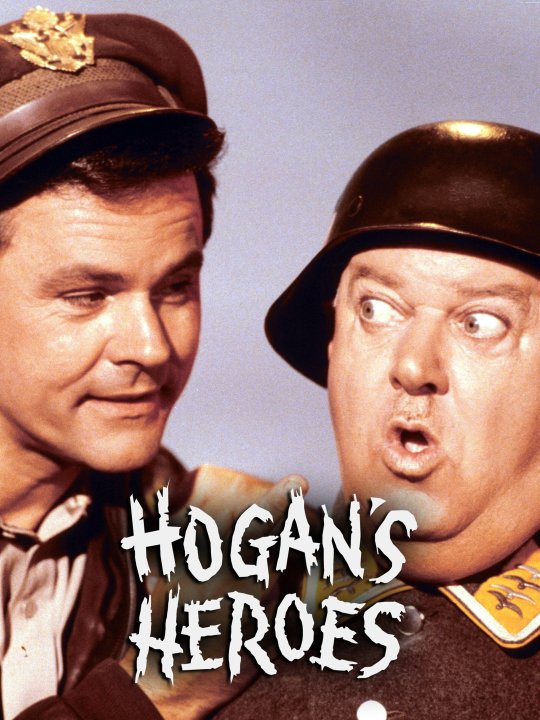
#bob crane#hogan's heroes#robert clary#john banner#werner klemperer#poster#tv#tv show#1960s#60s#ivan dixon
10 notes
·
View notes
Text
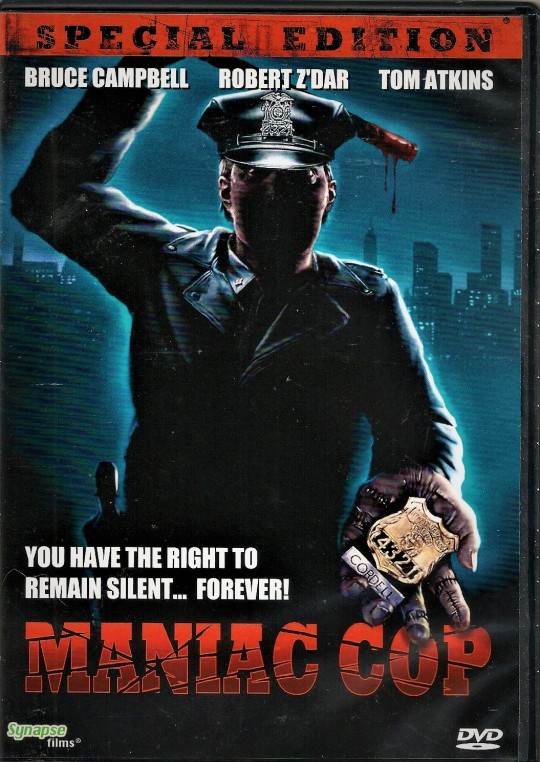
Bad movie I have Maniac Cop 1988
#Maniac Cop#Tom Atkins#Bruce Campbell#Laurene Landon#Richard Roundtree#William Smith#Robert Z'Dar#Sheree North#Nina Arvesen#Nick Barbaro#Lou Bonacki#Barry Brenner#Victoria Catlin#James Dixon#Corey Michael Eubanks#Jill Gatsby#Rocky Giordani#John F. Goff#William J. Gorman#Jon Greene#Teddy M. Haggarty#Dan Hicks#Erik Holland#Dennis Junt#Marcia Karr#Judy Kerr#Jake LaMotta#Judy Levitt#Jason Lustig#William Lustig
6 notes
·
View notes
Text
It's Alive (1974) | Episode 394
New Post has been published on http://esonetwork.com/its-alive-1974/
It's Alive (1974) | Episode 394
Jim reflects on a classic Cult/Horror film from Director Larry Cohen – 1974’s “It’s Alive,” starring John P. Ryan, Sharon Farrell, Andrew DuggaN, Guy Stockwell, James Dixon, Michael Ansara, William Wellman Jr, Robert Emhardt, Shamus Locke and Daniel Holzman. A young couple faces a virtual nightmare when it’s child is born a mutant/killer. The race is on to stop the infant from killing again. Find out more on this episode of MONSTER ATTACK!, The Podcast Dedicated To Old Monster Movies.
#1074 Sci-Fi Cult film#Andrew DuggaN#Daniel Holzman#Geek Podcast Nerd Podcast#Guy Stockwell#Infant Killer#It's Alive#James Dixon#Jim Adams#John P. Ryan#Larry Cohen#Michael Ansara#Monster Attack!#Robert Emhardt#Shamus Locke#Sharon Farrell#William Wellman Jr
0 notes
Text


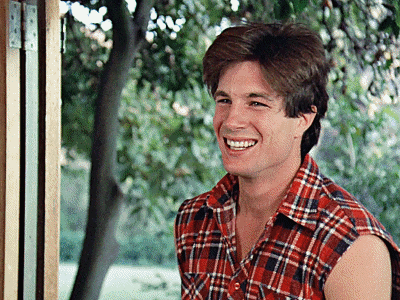
John Robert Dixon in Friday the 13th: A New Beginning (1985)
115 notes
·
View notes
Text



Friday the 13th: A New Beginning (1985) // dir. Danny Steinmann
272 notes
·
View notes
Text
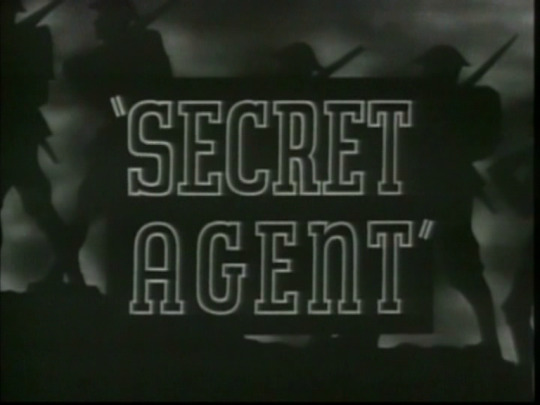
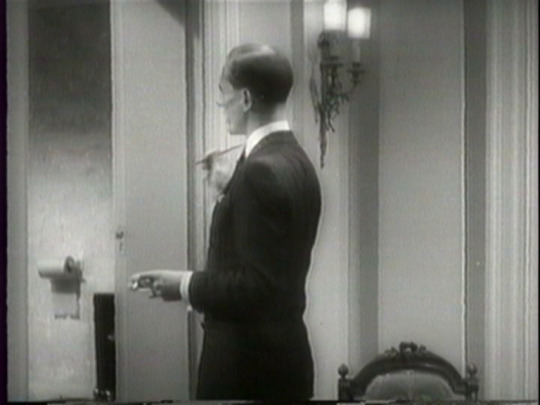

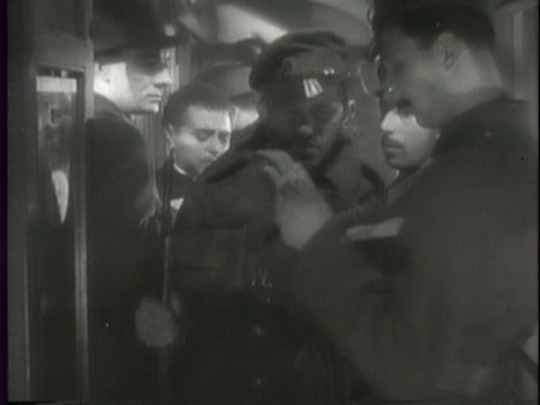
youtube
Secret Agent (1936)
My rating: 5/10
#Secret Agent#Alfred Hitchcock#Campbell Dixon#W. Somerset Maugham#Charles Bennett#John Gielgud#Madeleine Carroll#Robert Young#Youtube
1 note
·
View note
Text
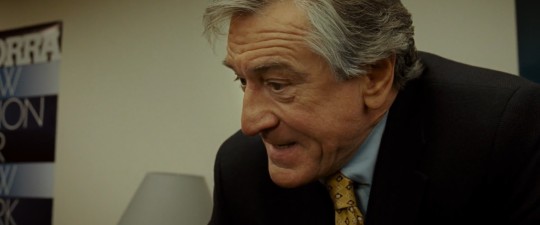













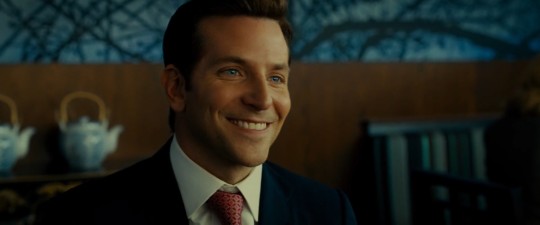
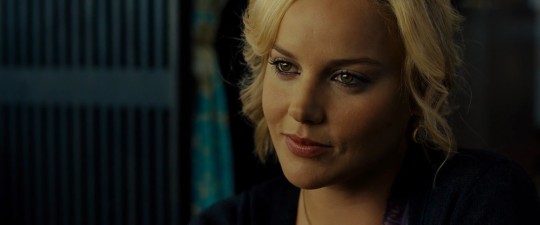
#Limitless#reppy#First time watching#SCI-FI MOVIE REACTION#Neil Burger#Leslie Dixon#Alan Glynn#Bradley Cooper#Eddie Morra#Anna Friel#Melissa#Abbie Cornish#Lindy#Robert De Niro#Carl Van Loon#Andrew Howard#Gennady#Johnny Whitworth#Vernon#Robert John Burke#Pierce#Darren Goldstein#Kevin Doyle#Ned Eisenberg#Morris Brandt#Tomas Arana#Man in Tan Coat#Cindy Katz#Marla Sutton#Richard Bekins
0 notes
Text
Reading list for Afro-Herbalism:
A Healing Grove: African Tree Remedies and Rituals for the Body and Spirit by Stephanie Rose Bird
Affrilachia: Poems by Frank X Walker
African American Medicine in Washington, D.C.: Healing the Capital During the Civil War Era by Heather Butts
African American Midwifery in the South: Dialogues of Birth, Race, and Memory by Gertrude Jacinta Fraser
African American Slave Medicine: Herbal and Non-Herbal Treatments by Herbert Covey
African Ethnobotany in the Americas edited by Robert Voeks and John Rashford
Africanisms in the Gullah Dialect by Lorenzo Dow Turner
Africans and Native Americans: The Language of Race and the Evolution of Red-Black Peoples by Jack Forbes
African Medicine: A Complete Guide to Yoruba Healing Science and African Herbal Remedies by Dr. Tariq M. Sawandi, PhD
Afro-Vegan: Farm-Fresh, African, Caribbean, and Southern Flavors Remixed by Bryant Terry
Barracoon: The Story of the Last “Black Cargo” by Zora Neale Hurston
Big Mama’s Back in the Kitchen by Charlene Johnson
Big Mama’s Old Black Pot by Ethel Dixon
Black Belief: Folk Beliefs of Blacks in America and West Africa by Henry H. Mitchell
Black Diamonds, Vol. 1 No. 1 and Vol. 1 Nos. 2–3 edited by Edward J. Cabbell
Black Faces, White Spaces: Reimagining the Relationship of African Americans to the Great Outdoors by Carolyn Finney
Black Food Geographies: Race, Self-Reliance, and Food Access in Washington, D.C. by Ashanté M. Reese
Black Indian Slave Narratives edited by Patrick Minges
Black Magic: Religion and the African American Conjuring Tradition by Yvonne P. Chireau
Black Nature: Four Centuries of African American Nature Poetry edited by Camille T. Dungy
Blacks in Appalachia edited by William Turner and Edward J. Cabbell
Caribbean Vegan: Meat-Free, Egg-Free, Dairy-Free Authentic Island Cuisine for Every Occasion by Taymer Mason
Dreams of Africa in Alabama: The Slave Ship Clotilda and the Story of the Last Africans Brought to America by Sylviane Diouf
Faith, Health, and Healing in African American Life by Emilie Townes and Stephanie Y. Mitchem
Farming While Black: Soul Fire Farm’s Practical Guide to Liberation on the Land by Leah Penniman
Folk Wisdom and Mother Wit: John Lee – An African American Herbal Healer by John Lee and Arvilla Payne-Jackson
Four Seasons of Mojo: An Herbal Guide to Natural Living by Stephanie Rose Bird
Freedom Farmers: Agricultural Resistance and the Black Freedom Movement by Monica White
Fruits of the Harvest: Recipes to Celebrate Kwanzaa and Other Holidays by Eric Copage
George Washington Carver by Tonya Bolden
George Washington Carver: In His Own Words edited by Gary Kremer
God, Dr. Buzzard, and the Bolito Man: A Saltwater Geechee Talks About Life on Sapelo Island, Georgia by Cornelia Bailey
Gone Home: Race and Roots through Appalachia by Karida Brown
Ethno-Botany of the Black Americans by William Ed Grime
Gullah Cuisine: By Land and by Sea by Charlotte Jenkins and William Baldwin
Gullah Culture in America by Emory Shaw Campbell and Wilbur Cross
Gullah/Geechee: Africa’s Seeds in the Winds of the Diaspora-St. Helena’s Serenity by Queen Quet Marquetta Goodwine
High on the Hog: A Culinary Journey from Africa to America by Jessica Harris and Maya Angelou
Homecoming: The Story of African-American Farmers by Charlene Gilbert
Hoodoo Medicine: Gullah Herbal Remedies by Faith Mitchell
Jambalaya: The Natural Woman’s Book of Personal Charms and Practical Rituals by Luisah Teish
Just Medicine: A Cure for Racial Inequality in American Health Care by Dayna Bowen Matthew
Leaves of Green: A Handbook of Herbal Remedies by Maude E. Scott
Like a Weaving: References and Resources on Black Appalachians by Edward J. Cabbell
Listen to Me Good: The Story of an Alabama Midwife by Margaret Charles Smith and Linda Janet Holmes
Making Gullah: A History of Sapelo Islanders, Race, and the American Imagination by Melissa Cooper
Mandy’s Favorite Louisiana Recipes by Natalie V. Scott
Medical Apartheid: The Dark History of Medical Experimentation on Black Americans from Colonial Times to the Present by Harriet Washington
Mojo Workin’: The Old African American Hoodoo System by Katrina Hazzard-Donald
Motherwit: An Alabama Midwife’s Story by Onnie Lee Logan as told to Katherine Clark
My Bag Was Always Packed: The Life and Times of a Virginia Midwife by Claudine Curry Smith and Mildred Hopkins Baker Roberson
My Face Is Black Is True: Callie House and the Struggle for Ex-Slave Reparations by Mary Frances Berry
My Grandmother's Hands: Racialized Trauma and the Pathway to Mending Our Hearts and Bodies by Resmaa Menakem
On Her Own Ground: The Life and Times of Madam C.J. Walker by A'Lelia Bundles
Papa Jim’s Herbal Magic Workbook by Papa Jim
Places for the Spirit: Traditional African American Gardens by Vaughn Sills (Photographer), Hilton Als (Foreword), Lowry Pei (Introduction)
Post Traumatic Slave Syndrome by Dr. Joy DeGruy
Rooted in the Earth: Reclaiming the African American Environmental Heritage by Diane Glave
Rufus Estes’ Good Things to Eat: The First Cookbook by an African-American Chef by Rufus Estes
Secret Doctors: Ethnomedicine of African Americans by Wonda Fontenot
Sex, Sickness, and Slavery: Illness in the Antebellum South by Marli Weiner with Mayzie Hough
Slavery’s Exiles: The Story of the American Maroons by Sylviane Diouf
Soul Food: The Surprising Story of an American Cuisine, One Plate at a Time by Adrian Miller
Spirituality and the Black Helping Tradition in Social Work by Elmer P. Martin Jr. and Joanne Mitchell Martin
Sticks, Stones, Roots & Bones: Hoodoo, Mojo & Conjuring with Herbs by Stephanie Rose Bird
The African-American Heritage Cookbook: Traditional Recipes and Fond Remembrances from Alabama’s Renowned Tuskegee Institute by Carolyn Quick Tillery
The Black Family Reunion Cookbook (Recipes and Food Memories from the National Council of Negro Women) edited by Libby Clark
The Conjure Woman and Other Conjure Tales by Charles Chesnutt
The Home Place: Memoirs of a Colored Man’s Love Affair with Nature by J. Drew Lanham
The Jemima Code: Two Centuries of African American Cookbooks by Toni Tipton-Martin
The President’s Kitchen Cabinet: The Story of the African Americans Who Have Fed Our First Families, from the Washingtons to the Obamas by Adrian Miller
The Taste of Country Cooking: The 30th Anniversary Edition of a Great Classic Southern Cookbook by Edna Lewis
The Tuskegee Syphilis Study: An Insiders’ Account of the Shocking Medical Experiment Conducted by Government Doctors Against African American Men by Fred D. Gray
Trace: Memory, History, Race, and the American Landscape by Lauret E. Savoy
Vegan Soul Kitchen: Fresh, Healthy, and Creative African-American Cuisine by Bryant Terry
Vibration Cooking: Or, The Travel Notes of a Geechee Girl by Vertamae Smart-Grosvenor
Voodoo and Hoodoo: The Craft as Revealed by Traditional Practitioners by Jim Haskins
When Roots Die: Endangered Traditions on the Sea Islands by Patricia Jones-Jackson
Working Conjure: A Guide to Hoodoo Folk Magic by Hoodoo Sen Moise
Working the Roots: Over 400 Years of Traditional African American Healing by Michelle Lee
Wurkn Dem Rootz: Ancestral Hoodoo by Medicine Man
Zora Neale Hurston: Folklore, Memoirs, and Other Writings: Mules and Men, Tell My Horse, Dust Tracks on a Road, Selected Articles by Zora Neale Hurston
The Ways of Herbalism in the African World with Olatokunboh Obasi MSc, RH (webinar via The American Herbalists Guild)
1K notes
·
View notes
Note
Advice/hard truths for writers?
The best piece of practical advice I know is a classic from Hemingway (qtd. here):
The most important thing I’ve learned about writing is never write too much at a time… Never pump yourself dry. Leave a little for the next day. The main thing is to know when to stop. Don’t wait till you’ve written yourself out. When you’re still going good and you come to an interesting place and you know what’s going to happen next, that’s the time to stop. Then leave it alone and don’t think about it; let your subconscious mind do the work.
Also, especially if you're young, you should read more than you write. If you're serious about writing, you'll want to write more than you read when you get old; you need, then, to lay the important books as your foundation early. I like this passage from Samuel R. Delany's "Some Advice for the Intermediate and Advanced Creative Writing Student" (collected in both Shorter Views and About Writing):
You need to read Balzac, Stendhal, Flaubert, and Zola; you need to read Austen, Thackeray, the Brontes, Dickens, George Eliot, and Hardy; you need to read Hawthorne, Melville, James, Woolf, Joyce, and Faulkner; you need to read Tolstoy, Dostoyevsky, Turgenev, Goncherov, Gogol, Bely, Khlebnikov, and Flaubert; you need to read Stephen Crane, Mark Twain, Edward Dahlberg, John Steinbeck, Jean Rhys, Glenway Wescott, John O'Hara, James Gould Cozzens, Angus Wilson, Patrick White, Alexander Trocchi, Iris Murdoch, Graham Greene, Evelyn Waugh, Anthony Powell, Vladimir Nabokov; you need to read Nella Larsen, Knut Hamsun, Edwin Demby, Saul Bellow, Lawrence Durrell, John Updike, John Barth, Philip Roth, Coleman Dowell, William Gaddis, William Gass, Marguerite Young, Thomas Pynchon, Paul West, Bertha Harris, Melvin Dixon, Daryll Pinckney, Darryl Ponicsan, and John Keene, Jr.; you need to read Thomas M. Disch, Joanna Russ, Richard Powers, Carroll Maso, Edmund White, Jayne Ann Phillips, Robert Gluck, and Julian Barnes—you need to read them and a whole lot more; you need to read them not so that you will know what they have written about, but so that you can begin to absorb some of the more ambitious models for what the novel can be.
Note: I haven't read every single writer on that list; there are even three I've literally never heard of; I can think of others I'd recommend in place of some he's cited; but still, his general point—that you need to read the major and minor classics—is correct.
The best piece of general advice I know, and not only about writing, comes from Dr. Johnson, The Rambler #63:
The traveller that resolutely follows a rough and winding path, will sooner reach the end of his journey, than he that is always changing his direction, and wastes the hours of day-light in looking for smoother ground and shorter passages.
I've known too many young writers over the years who sabotaged themselves by overthinking and therefore never finishing or sharing their projects; this stems, I assume, from a lack of self-trust or, more grandly, trust in the universe (the Muses, God, etc.). But what professors always tell Ph.D. students about dissertations is also true of novels, stories, poems, plays, comic books, screenplays, etc: There are only two kinds of dissertations—finished and unfinished. Relatedly, this is the age of online—an age when 20th-century institutions are collapsing, and 21st-century ones have not yet been invented. Unless you have serious connections in New York or Iowa, publish your work yourself and don't bother with the gatekeepers.
Other than the above, I find most writing advice useless because over-generalized or else stemming from arbitrary culture-specific or field-specific biases, e.g., Orwell's extremely English and extremely journalistic strictures, not necessarily germane to the non-English or non-journalistic writer. "Don't use adverbs," they always say. Why the hell shouldn't I? It's absurd. "Show, don't tell," they insist. Fine for the aforementioned Orwell and Hemingway, but irrelevant to Edith Wharton and Thomas Mann. Freytag's Pyramid? Spare me. Every new book is a leap in the dark. Your project may be singular; you may need to make your own map as your traverse the unexplored territory.
Hard truths? There's one. I know it's a hard truth because I hesitate even to type it. It will insult our faith in egalitarianism and the rewards of earnest labor. And yet, I suspect the hard truth is this: ineffables like inspiration and genius count for a lot. If they didn't, if application were all it took, then everybody would write works of genius all day long. But even the greatest geniuses usually only got the gift of one or two all-time great work. This doesn't have to be a counsel of despair, though: you can always try to place yourself wherever you think lightning is likeliest to strike. That's what I do, anyway. Good luck!
537 notes
·
View notes